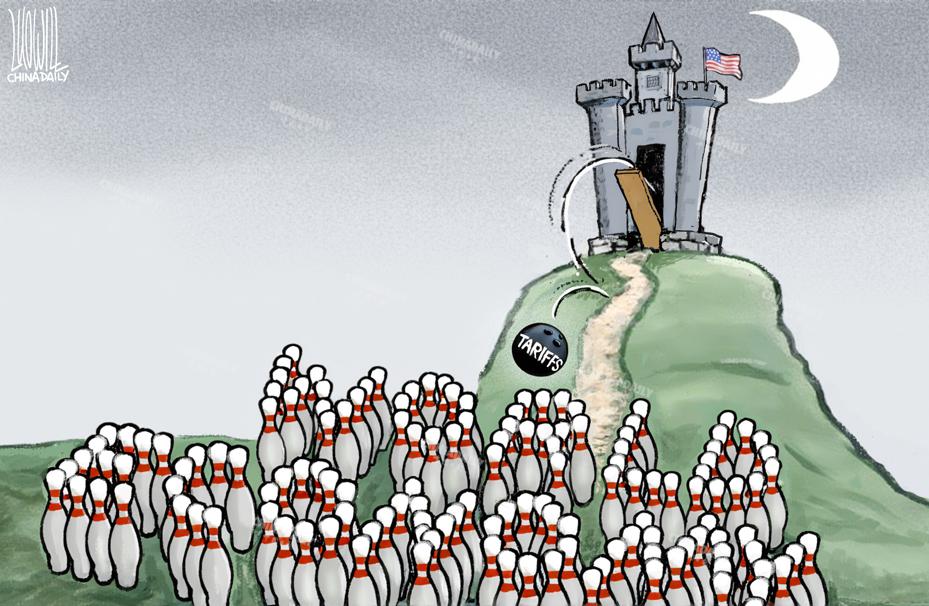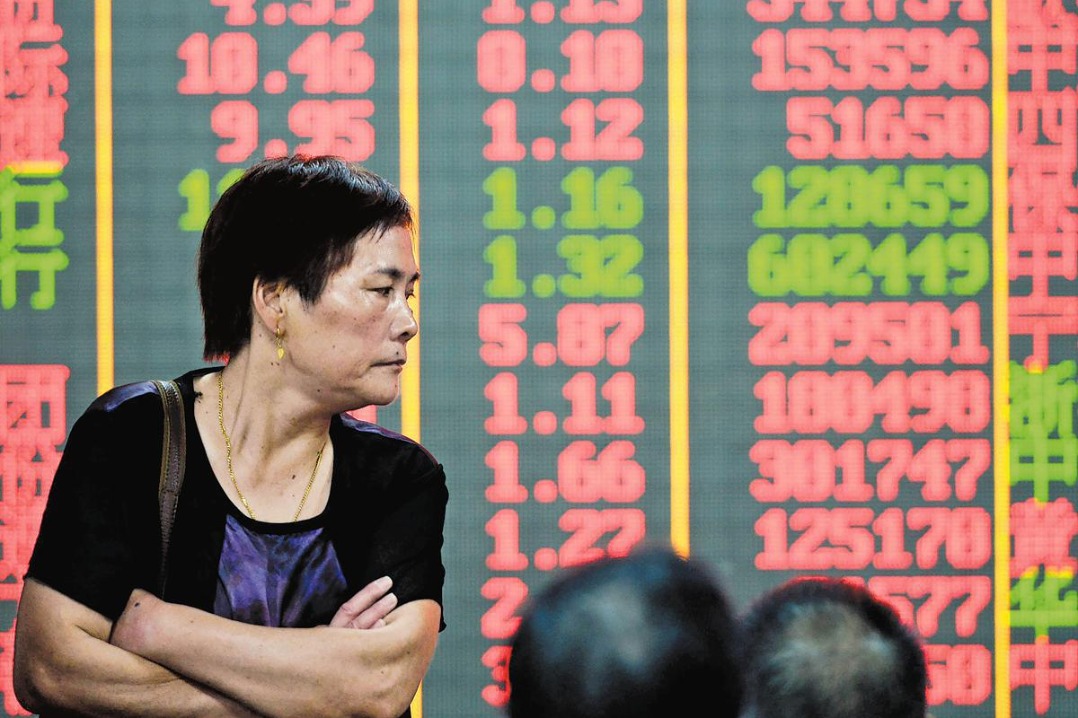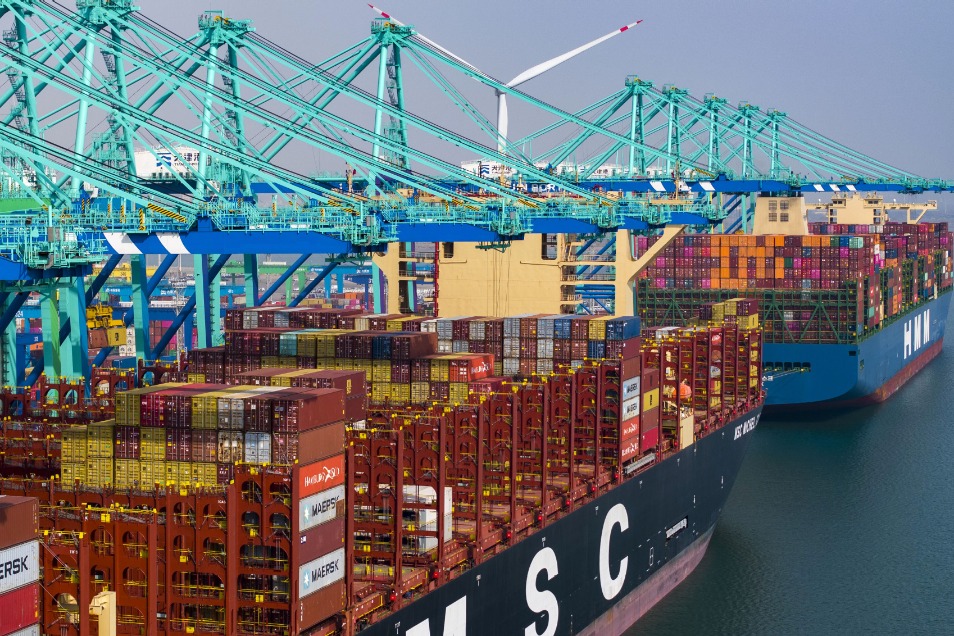The Guardian: US tariff policy imperial extortion in the name of trade


An April 4 editorial in the website of The Guardian argues that US President Donald Trump's tariff policies are not just economic measures, but instruments of imperial coercion. Under the guise of trade policy, Trump is forcing global trade partners to submit to American dominance while exacerbating inequality at home.
According to the editorial, Trump's "Liberation Day" rhetoric masks a strategy of economic imperialism, where access to US markets is contingent on foreign compliance with American corporate control—particularly in sectors such as data, media, and tech monopolies.
The editorial rejects the notion that Trump's tariffs are a response to urgent trade imbalances. Rather, it argues, "They are about coercing others into accepting American economic dominance—without requiring the US to sacrifice its domestic advantage." The ultimate aim is extracting concession; compelling foreign adoption of US cloud services, deepening financial dependencies, and suppressing rival technologies—all while upholding the dollar's global dominance.
While the article acknowledges that Trump's foreign policy remains transactional, it warns that its domestic consequences could be transformative—for the worse. Tariffs drive up prices for all consumers, disproportionately harming the poor, while shielding uncompetitive domestic industries from global market forces.
It further contends that the revenue generated will not be directed toward public investment or industrial strategy. Instead, Trump intends to channel it into tax cuts for the wealthy. In this light, tariffs function as tools of upward redistribution: the poor pay more so billionaires can pay less.
Markets, it notes, remain unconvinced. Their persistent volatility signals not just fears of a recession, but recognition of a deeper truth—this is not a temporary disruption, but a fundamental shift in the global economic paradigm.
For countries like the UK, the editorial urges strategic resistance: building regional alliances, investing in technological sovereignty, and reducing reliance on US-dominated financial and defense architectures.
The editorial ends with a sobering conclusion: resistance may provoke retaliation, but submission ensures subjugation. The only long-term answer to tariff imperialism is not bilateral appeasement, but multilateral cooperation.

































